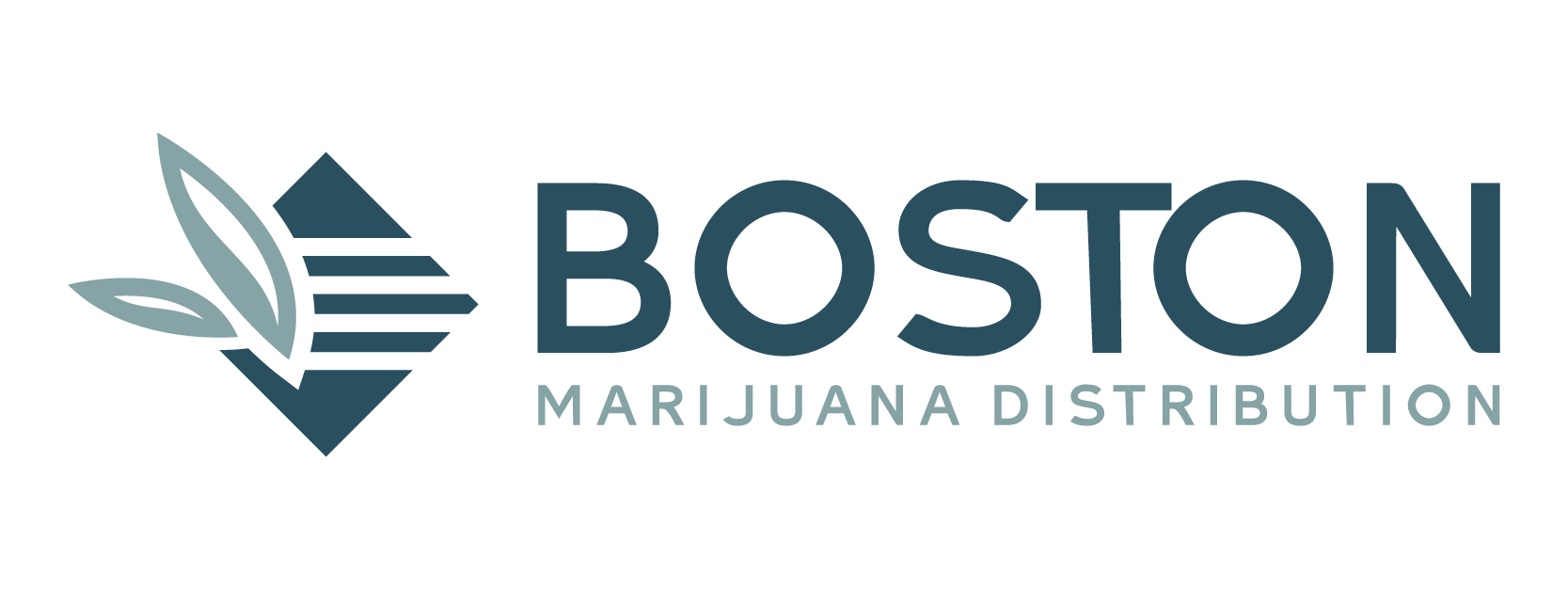Boston, Massachusetts, has emerged as a significant hub for vertically integrated cannabis companies, reflecting the state’s evolving cannabis landscape. These enterprises manage the entire cannabis supply chain—from cultivation and processing to retail—ensuring product quality and consistency.
Leading Vertically Integrated Cannabis Companies in Boston
Curaleaf
Headquartered in Wakefield, Curaleaf is a prominent multi-state operator with a substantial presence in Massachusetts. The company operates multiple dispensaries across the state, including in Boston, and maintains cultivation and processing facilities. Curaleaf’s vertical integration allows it to control product quality and offer a diverse range of cannabis products to both medical and recreational consumers.
MariMed Inc.
MariMed is a multi-state cannabis operator with a vertically integrated model in Massachusetts. The company oversees cultivation, processing, and dispensing operations, ensuring a seamless supply chain. MariMed’s commitment to innovation and quality has solidified its reputation in the state’s cannabis industry.
Berkshire Roots
With dispensaries in East Boston and Pittsfield, Berkshire Roots is one of Massachusetts’ premier vertically integrated cannabis companies. The company began as a medical dispensary in 2016 and expanded to recreational sales in 2019. Berkshire Roots emphasizes quality and variety, offering a range of products, including flower, edibles, and concentrates.
Native Sun
Native Sun operates a cultivation facility in Fitchburg and dispensaries in Hudson, North Attleborough, and South Boston. The company focuses on producing high-quality flower and collaborates with local cultivators to diversify its product offerings. Native Sun’s commitment to quality and community engagement has made it a notable player in Boston’s cannabis scene.
Fenway Cannabis Company
Owned by BeWell Organic Medicine, Fenway Cannabis Company is a state-certified, vertically integrated cannabis business. With cultivation and manufacturing facilities in Lowell and a retail outlet in Merrimac, the company is expanding its presence in Boston. Fenway Cannabis Company is dedicated to producing high-quality, independently tested cannabis products for both medical and adult-use markets.
Regulatory Landscape and Market Dynamics
Massachusetts mandates vertical integration for medical cannabis operators, requiring them to establish cultivation, processing, and retail facilities to obtain a license. While this model ensures product consistency and quality control, it also presents challenges, especially for smaller operators. The requirement has led to increased operational costs and complexities, contributing to a contraction in the medical cannabis market. Advocates and patients have called for reforms, suggesting that the state consider models from other states that have eliminated such mandates to foster a more inclusive and competitive market.
Conclusion
Boston’s vertically integrated cannabis companies are at the forefront of the state’s cannabis industry, navigating regulatory complexities while striving to provide quality products to consumers. As the market continues to evolve, these companies play a crucial role in shaping the future of cannabis in Massachusetts.

